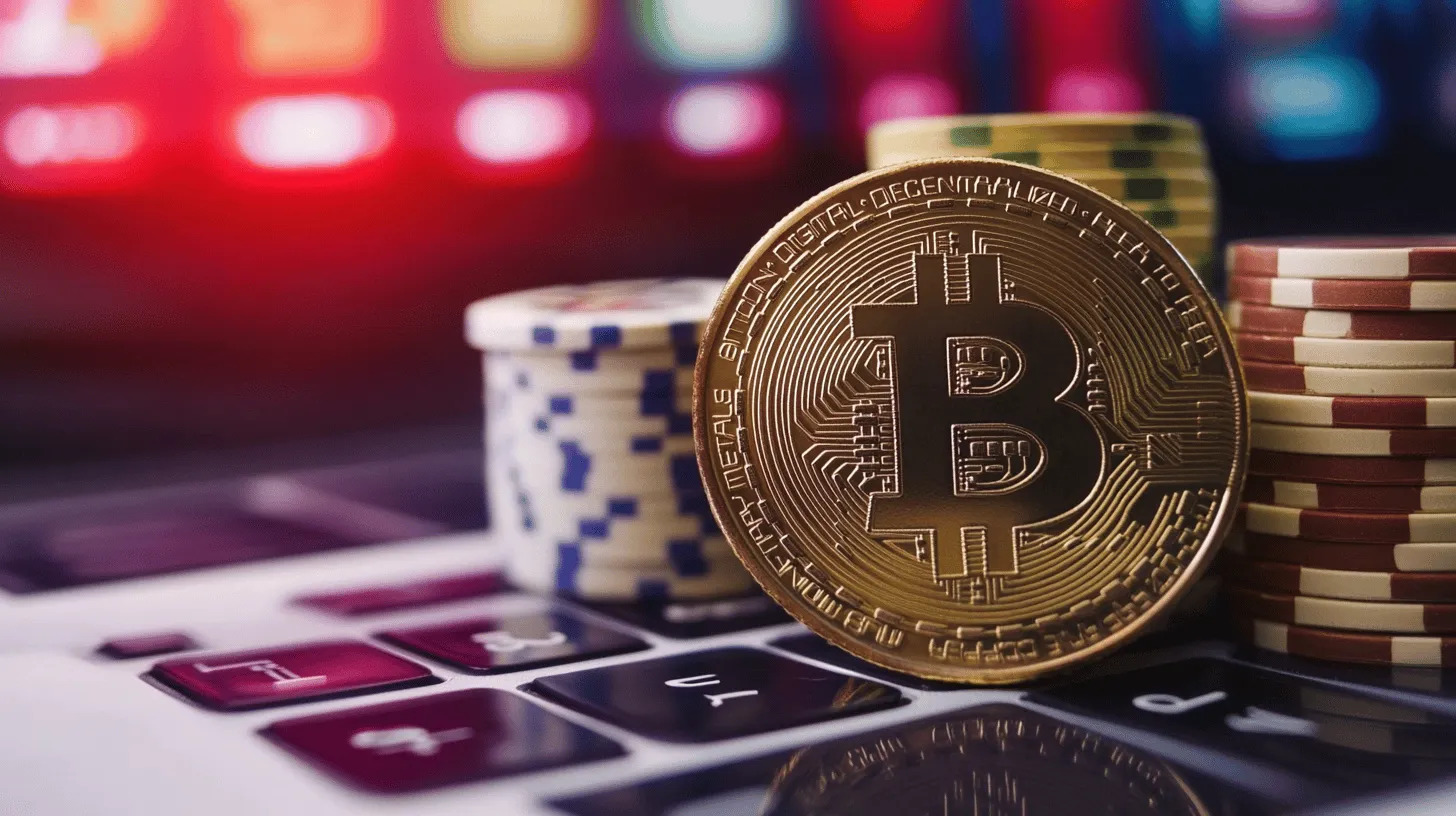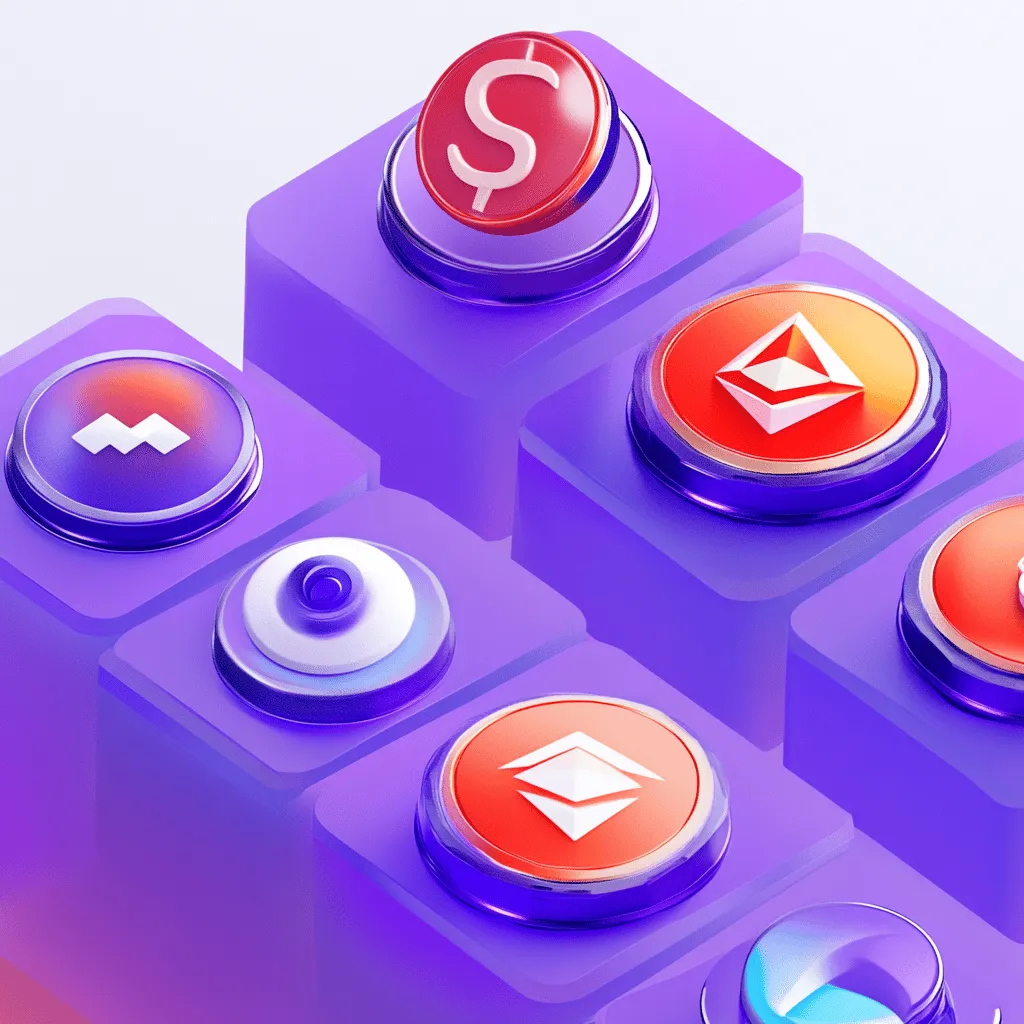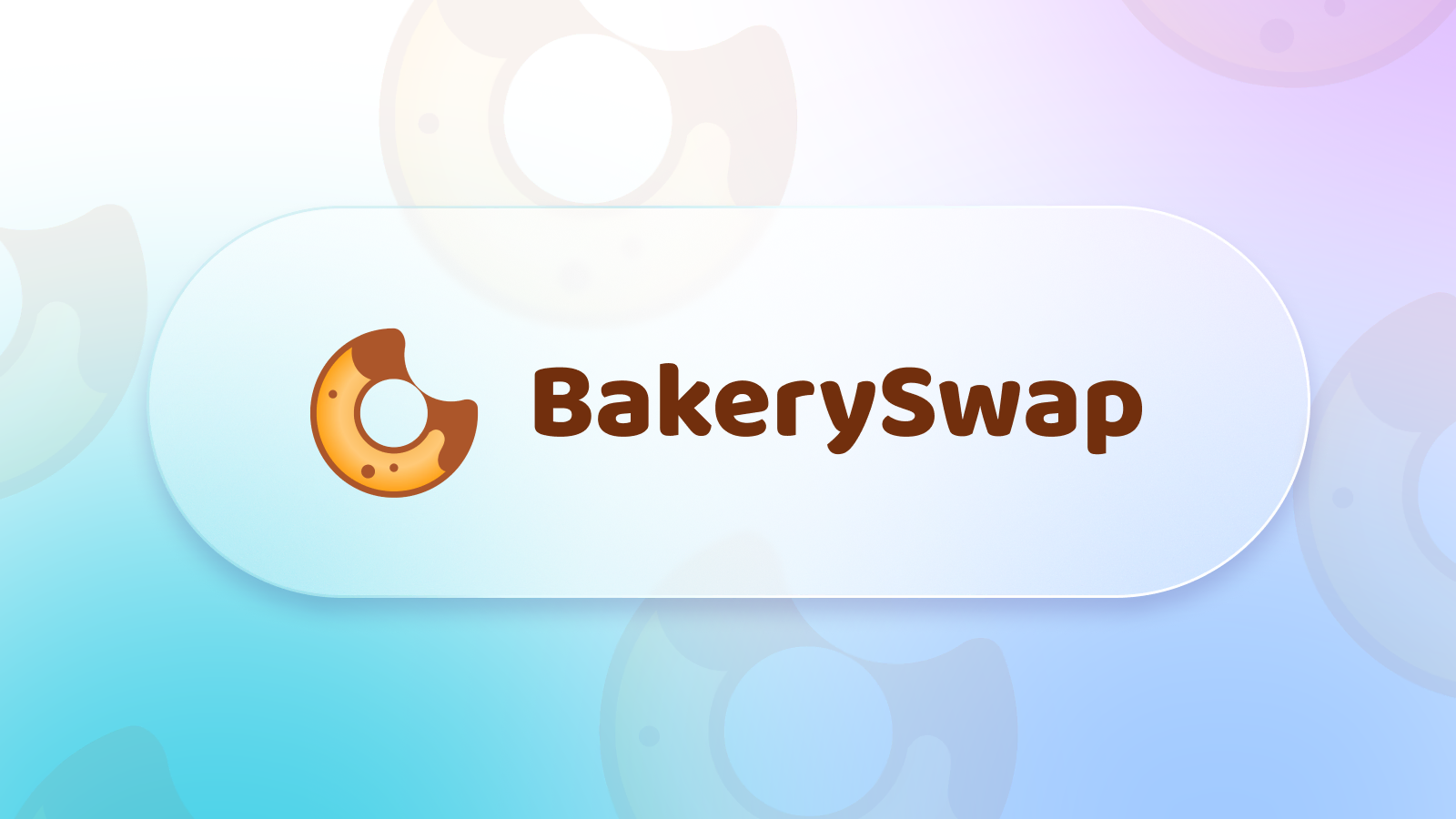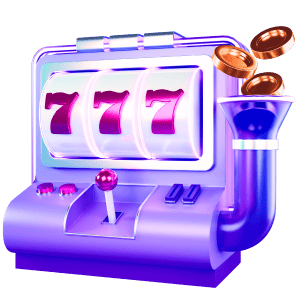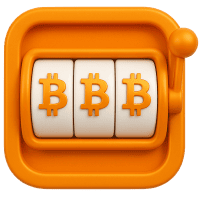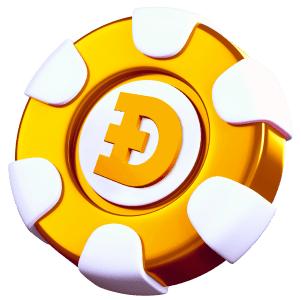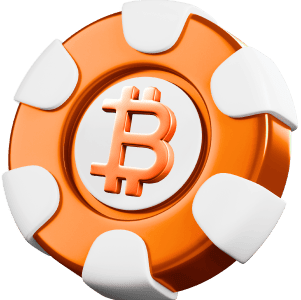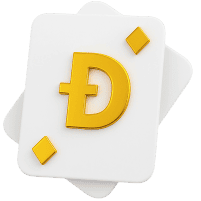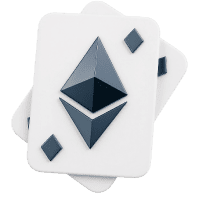The multi-billion dollar sports industry is keeping a close eye on innovation and responding quickly. With the rise of digital currencies and cyber sports, traditional sports have become more focused on digital transformation. From 2020, the blending of the real and digital worlds is noticeably accelerating.
In the blending of sports leagues and crypto opportunities, both sides benefit. Tournaments, leagues, teams and individual athletes get the opportunity to earn more money through sponsorship contracts. Cryptocurrency projects get access to a large market, as athletes and teams have a large fan base.
Let’s talk about examples of crypto projects interacting with sports leagues and fans. The partnership is not only to promote tournaments, but also to improve fan engagement with teams.
Why crypto projects are interested in sports leagues
Sports attract sponsors all over the world. Companies choose regional leagues or international tournaments and pay money to have a logo or slogan placed on athletes’ uniforms, stadium banners, used as naming for sports venues and promoted in other ways.
This business interest is due to the high revenues that sports organisations generate. For example, in 2022 alone, the NBA had revenues of $10 billion and the NFL American football league earned $18.6 billion. Football leagues in Europe receive no less revenue. The EPL, Bundesliga, La Liga, Serie A and Ligue 1 account for revenues of around 20bn.
FIFA, as an organiser of international tournaments of clubs and national teams, receives large revenues. For the World Cup in Qatar alone, the organisation received a record revenue of $5.769 billion.
Money is not the only thing that attracts sponsors. The main value of sports leagues is the audience. Billions of people watch sports. The audience for the 2022 FIFA World Cup reached 5 billion people. That’s more than half of the world’s population.
European and American teams were among the first to cooperate with cryptocurrency projects Web3 and Web2. OKX painted the football pitch at Manchester City’s Etihad Stadium and named the Crypto.com Arena where the Lakers play to partnerships between Lionel Messi and Bitget and Luis Suarez and Binance all show Web3’s hope to collaborate with sports. A determination to build connections between celebrity fans. But in addition to collaboration methods such as celebrity invites, Web3 has also developed unique scenarios such as fan tokens and celebrity NFTs.
Will sports leagues move quickly to Web3’s models?
Mass adoption will only begin when there is real utility and the complexities of cryptocurrency are abstracted from end users. For the end user, using Web3 platforms should be simple and straightforward. Right now, users may struggle with storing tokens in wallets, using NFT, and other points that are familiar to cryptocurrency aficionados but alien to ordinary everyday people.
Regional diversity adds additional complexity to the promotion of Defi Sports. Fans of the team may live in different parts of the globe. Each country has its own legal regulations regarding the use of cryptocurrency. Sports leagues with Web3 projects need to take this point into account so that all participants of the system enjoy equal rights.
Top 3 sports games with Web3 elements
Web3’s interaction with the world of sports is not always about popularising existing tournaments. Blockchain elements are being actively incorporated into sports games that are part of brand promotion.
You will learn which sports games have intelligently integrated NFT, offering unique utilities and creative competitions. This symbiosis allows players to prioritise gameplay and expect to be rewarded both in and outside of the game itself.
When compiling the rating of the best sports games with elements of cryptocurrency use, we paid attention to several criteria. First of all, popularity among the players themselves. All three games listed in the rating have high user activity. When launching the games, the creators of the projects attracted money from investors, which was used to pay players, create branded NFTs, and hold tournaments, which only strengthened the position of the games. In the second place – the convenience of the gameplay. Players are not only interested in monetisation, but also in the gameplay itself. They can participate in the creation of their own team, make decisions that have consequences. For example, you can swap players to make your team stronger, change lineups, and play different combinations, which allows you to take a high place in the tournament and get additional rewards. Thanks to the skilful combination of gameplay and payouts, the games have made it to our top.
NFL Rivals
NFL Rivals is a mobile Web3 Sports project dedicated to American football. Players can collect and improve digital items featuring their favourite athletes from the NFL league.
The game can be downloaded through the official App Store and Google Play app shops. The software has many positive reviews with an average score of 4.8 out of 5.
The game is based on the Mythical blockchain because of the ease of NFT mining and trading platform integration without the need for mining. The game allows assets to be tracked and maintained on multiple blockchains. This simplifies user interaction for storing and transferring assets.
In 2023, Mythical Games, the studio that released the game, raised over $30 million to create an internal marketplace in NFL Rivals. Players can now buy and trade NFTs, allowing them to build a collection of their favourite athletes.
With the successful integration of NFTs into NFL Rivals, Mythical Games has also introduced NFL All Day, where players can buy, sell and raffle off rare collectibles from their favourite NFL players and teams. Additionally, the ability to collect tickets is presented. NFL Rivals is a great success, so perhaps in the coming years there will be more Web3 sports projects using athletes from other leagues.
Sorare
Sorare is a project dedicated to Web3 Sports. The game is in the football fantasy genre and is built on the Ethereum blockchain. At the time of the review’s release, Sorare can be played from a computer and smartphone.
The project generated a lot of excitement already at the start of the launch. The project raised a whopping $680 million in funding, which was the second largest fundraising. The main sponsor was Japanese conglomerate Soft Bank. In 2023, the project raised an additional 19 million for pre-sale tokens.
The large budget allows Sorare to attract famous athletes to the partnership. Among the brand’s ambassadors are footballers Gerard Pique and Antoine Griezmann. In 2022, Liverpool Football Club became a partner of the game and cards were immediately available for purchase with NFT. Players don’t just benefit from collecting and adding value to their collection. The partnership with Liverpool FC includes real souvenirs and tickets to the team’s matches.
At the time of the review, Sorare has over two million registered users and 200 sports partners. Sorare popularises not only sports. The company has successful experience in MLB and NBA projects. Sorare has licensed teams in these tournaments.
Swoops
Web3 Sports project is dedicated to basketball. It is a simulation game and a virtual league in which you can own your own digital basketball team – choose the roster, coach, play and make a profit. The project has been running since January 2023. Already in its first year of operation, more than 300,000 matches have been played with more than 400 branded teams.
The web3 game is based on Ethereum and Polygon blockchain, combining traditional sports games with blockchain technology. In beta testing, more than 130,000 virtual matches have been played. Swoops has Swoopster NFT cards -tokenised virtual players. In beta testing, they were sold out in less than 30 minutes.
In Swoops, all users can earn by pumping up the team roster and their skills in team building. In order to earn income, one must purchase NFT Swoopsters. In the first season there were more than 10,000 players and with each subsequent season the number of cards is growing. The clients’ income is formed due to the competent selection of performers in the team, as each athlete has different characteristics: position, passing, chemistry, athleticism, rebounding and others. This allows you to feel like a real coach. You have to choose the right strategy, creating well-designed lineups to beat your opponent. Apart from buying and selling, NFT owners can also put their owned players on the line, train them and draft them.
Using Web3 to organise matches
Virtual tournaments and sports card collecting are not the only uses of NFT in sports. The technology is actively used to issue tickets for various events.
NFT tickets were first tried out for organising music concerts. Their main task was to exclude resale and counterfeiting of tickets. Most NFT tickets are disposable and have a short validity period. Once the fan has activated the stadium pass, the coupon has collector value.
In the ticket industry, they do not have the highest appeal. The value of stubs can be personalised, with no value to another user. For example, you attended all the team’s home games, which is important to you, but not to other users. The exception to this is coupons for passes to top games, such as the season finale, an all-star game, the debut of a rookie, or any other flashy event.
Sports leagues and teams can use NFT tickets to reward fans who have not had time to purchase season tickets or allocated traditional tickets for sale. For example, a team can create a loyalty programme that raffles off NFTs that allow access to the stadium and other perks.
Conclusion
The merging of traditional sports with blockchain technology signals the dawn of a new era, where physical passion meets digital innovation. As Web3 elements continue to reshape the fan experience, sports leagues and digital projects are developing mutually beneficial ecosystems that expand revenue opportunities, bridge global audiences, and fundamentally transform how sports are experienced. Today’s projects, such as the groundbreaking NFL Rivals, Sorare, and Swoops, don’t just replicate traditional games—they reimagine them by integrating tokenized assets, interactive NFTs, and decentralized finance. While mainstream adoption still faces challenges like user-friendly interfaces and regulatory hurdles, the potential for immersive, rewarding fan interactions makes this digital transformation more than just a trend—it is the blueprint for the future of sports entertainment.
FAQ
What benefits does blockchain technology bring to sports games?
Blockchain introduces enhanced security, transparency, and direct monetization channels. By tokenizing assets and enabling NFT-driven rewards, it empowers fans to engage on a deeper level while creating new income streams for leagues and athletes.
How do sports projects like NFL Rivals, Sorare, and Swoops integrate Web3 elements?
These projects blend gameplay with blockchain by offering collectible digital assets, player NFTs, and interactive team management features. They use platforms such as Ethereum, Polygon, and proprietary blockchains to facilitate secure trading and rewards, thereby enhancing both the competitive and collectible aspects of sports games.
In what ways do fan tokens and NFTs change sports sponsorship and engagement?
Fan tokens and NFTs transform passive viewership into active participation. They allow fans to own a piece of their favorite teams, engage in governance aspects, and gain exclusive access to events or memorabilia, ultimately deepening the connection between fans, athletes, and sponsors.
What are the main obstacles to mass adoption of Web3 in the sports industry?
The primary challenges include the complexity of managing digital wallets, the need for simplified user experiences, and the regulatory diversity across different regions. Overcoming these issues is essential for making the benefits of blockchain accessible even to non-crypto enthusiasts.
How might the sports industry evolve as Web3 adoption grows?
As the integration of Web3 deepens, we can expect decentralized fan engagement models, innovative revenue-sharing schemes, and a more dynamic connection between real-world sports and the digital realm. This evolution could redefine sponsorship deals, democratize team ownership, and create entirely new sporting experiences.

